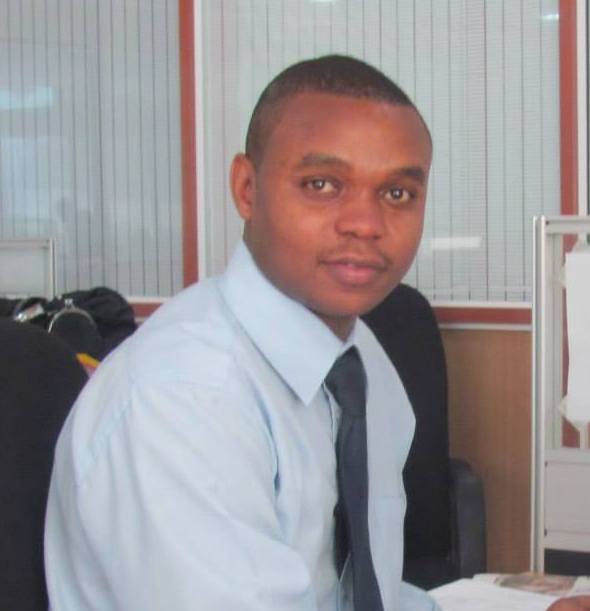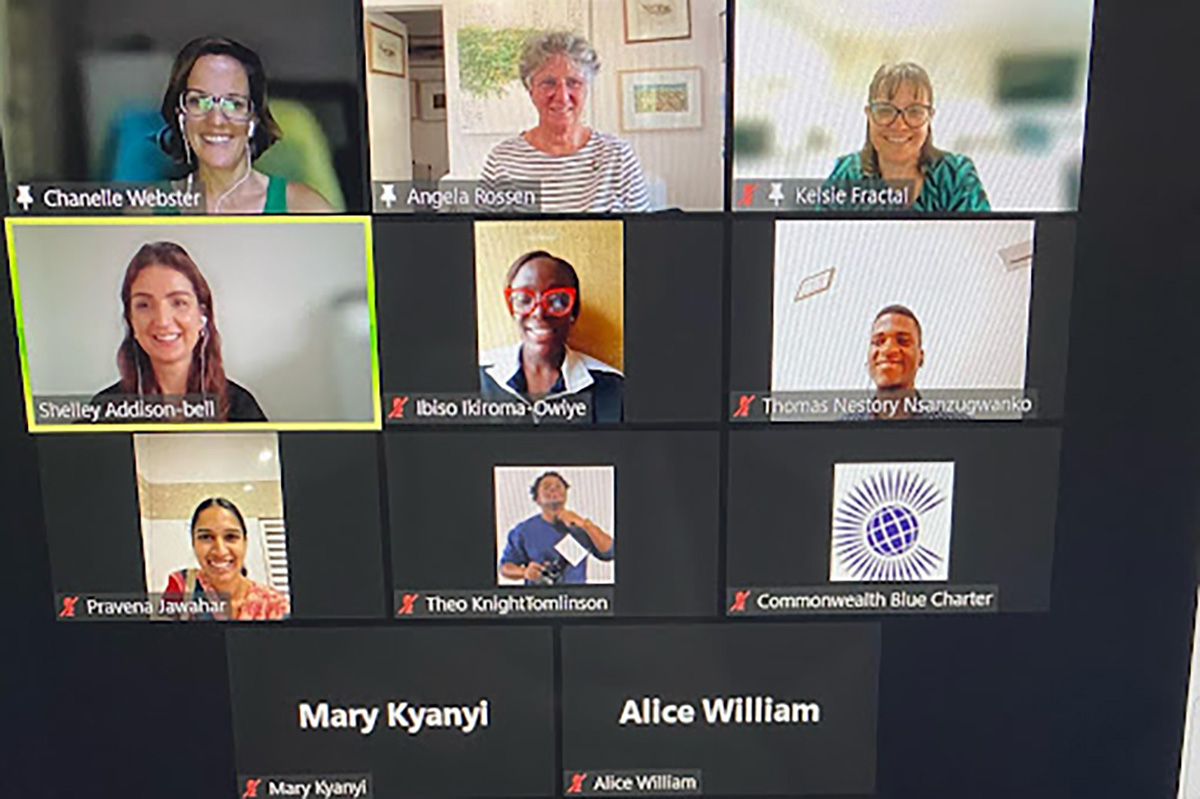Interview with Julius Shirima, overall pan-Commonwealth Youth Award winner 2015
April 22Julius Shirima founded Darecha, a youth entrepreneurship organisation and micro-venture company, while still in high school. Darecha, which has a network of approximately 5,000 young people, enables young Tanzanian entrepreneurs to transform their business ideas into profitable ventures which provide employment to other young people. His business model has also been adopted in other countries.
Can you describe a typical day for you?
I wake up at around 6.30am. In the morning I watch inspirational videos before I go to work.
I then go to visit our construction projects to check what is happening. Then I move to the office.
I have to call our young entrepreneurs. The whole day is full of calling them and finding out how they are doing. I do that before and after lunch. Afterwards I spend time emailing different clients.
In the evening I go back to the construction project sites to decide what has been achieved and what needs to be done the following day. I get back to my house at around 9pm.
When I get home, I listen to music to relax. I love bongo style music—it is popular in the East African region. Then I go to sleep around 10.30pm.
On the weekend I also love watching soccer.
How would your friends describe you?
They say I’m a risk taker because of the decisions I have made in my life. I was doing my bachelor degree in the USA but I felt that something more was calling me. So last year I decided to drop out. I made the decision between me and my education, living in comfortable surroundings or growing my business from scratch. I reached a point where it was no longer only about me. In the type of work I am doing, it is important to give young people the tools for a sustainable life.
When I see my country compared to developed countries like the USA, I ask, why are we so behind?
Top three songs?
- Diamond Platinums—a song called Mdogo Mdogo—he is a Tanzanian artist who has brought music from my country to an international scale.
- South African artist Mafikizolo—a song called Khona.
- Davida from Nigeria—a song called Aye—the video is so traditional and shows the African culture.
Top three heroes?
My mum would be the first. My mum made the decision to have me very young. I left her when I was two and a half years old to go to live with my aunt and uncle because she didn’t have the means to support me.
She made a lot of sacrifices for me including not getting a degree because of me. She has used a small salary to build a good future for herself.
My second is the Tanzanian president Julius Nyerere who bought independence to my nation. I was named after him.
Third are my aunt and uncle who came to my village to take me from my mum. My aunt taught me about entrepreneurship, encouraging me from a young age to earn money and be independent. She has moved so many people out of the poverty cycle. I want to do for others what my aunt and uncle did for me.
What challenges do you face in the everyday?
I have to talk to many different people in the work I do. I am constantly meeting and interacting with people and dealing with people is unpredictable.
I sometimes find it challenging when people wait for me to tell them what to do. I want to work with self-starters who think for themselves as my work is about giving young people the tools to develop entrepreneurial skills and to develop their businesses independently.
What are the first few things you will do when you get back?
First I will meet my mum. I’ll talk to her about what the Commonwealth Award means to me. I value her advice a lot.
Secondly, I will go back to work. I need to look properly at some of the plans. This award has given me more energy to work hard on what I’m doing.




